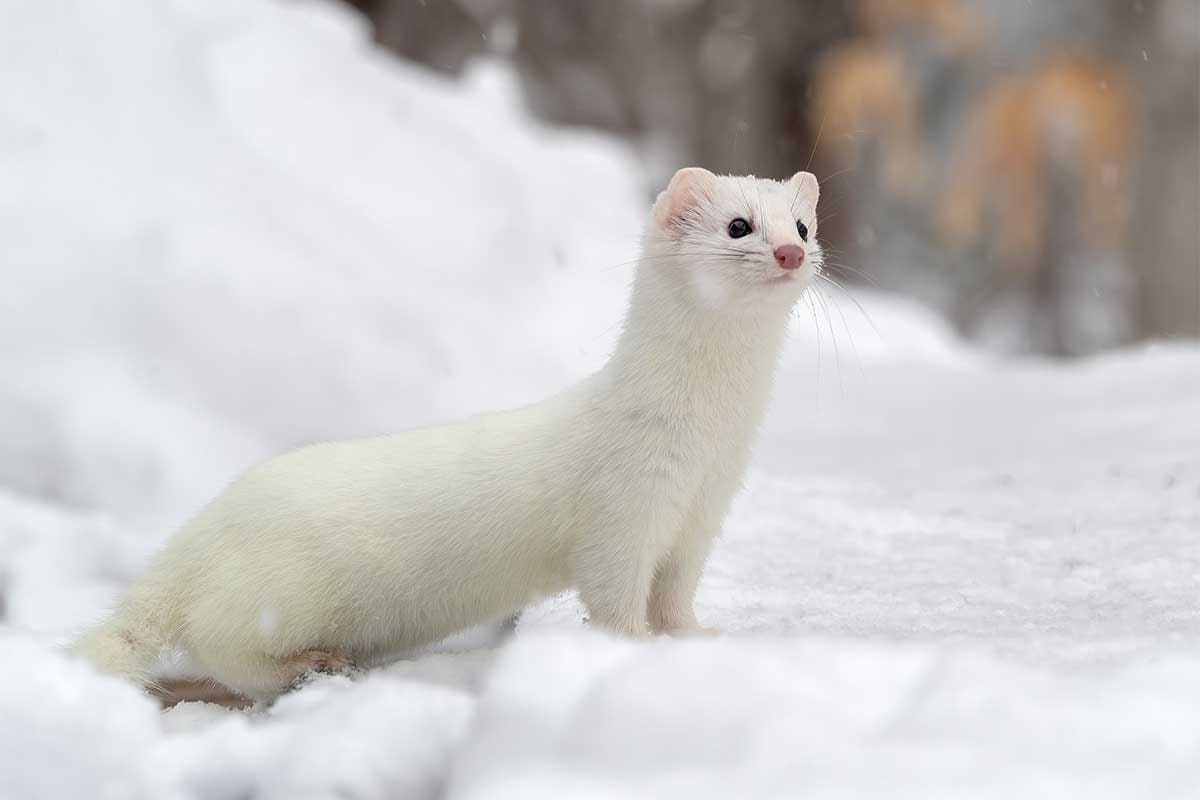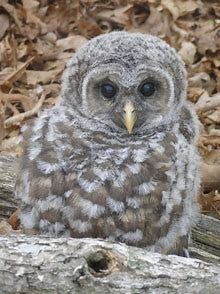The Turning, by Rosemerry Wahtola Trommer
I can’t think of a more powerful response to life’s sorrows than loving.
—Suleika Jaouad
When stories of the selfishness of humans
stain my thoughts like spilt gray ink, when
proofs of our cruelty grab me by the chest
and squeeze, squeeze until it hurts to breathe,
when I lament what we’re capable of,
this is when I most need to remember
it is also human to love.
Like today, when crushed by a thoughtless act,
I found myself atop a snow-covered pass
where I almost missed the sleek, white body
leaping across the vast white field,
and that chance spotting, that wonder,
that luck was all it took to fall in love again
with this world that somehow created a creature
that changes colors twice a year,
a creature that runs easily atop deep, new snow.
And as love raced through me
like a winter-white ermine, I, too,
was able to not sink in, to not get stuck
in what feels cold, dense and bottomless.
This was not a moment that will change the world,
but in this moment, loving the world changed me—
made me more than my fear and sadness,
turned me again toward the miracle.
—Rosemerry Wahtola Trommer
A few days ago, I was helping a local couple get themselves and their brand-new, 2-day-old baby home from the hospital. Their car had broken down, and they needed a lift. Because we had to wait a looooong time for the pediatrician to show up to discharge the baby from the hospital, I had the rare (for me) opportunity to gaze at a peacefully sleeping baby for a couple of hours. She was beautiful. Just beautiful.
As we waited, the dad struck up a conversation about love. If there’s one thing new babies inspire, it’s love. The dad had been reading my blog, he said, and he wanted me to talk about what caused human beings to love one another. Why do we fall in love, he asked? We need to think about that, we need to focus on that, instead of focusing on hate. And, oh my, hatred abounds in our world, doesn’t it? Dad’s point was that love does, too. Love is just there in the world.
“It is also human to love,” says Rosemerry Wahola Trommer.
“Just look at the baby,” I said (studying the baby’s perfect little face, because I had a hard time keeping my eyes off her). “She hasn’t even done anything yet . . .”
“. . . and you already love her,” Dad completed the sentence for me.
“Exactly,” I responded.
At one very basic level, people fall in love because the perpetuation of the species depends on it. We fall in love, we make babies, the species continues on. Then, once those new little human beings arrive, we fall in love with them so that we will care for them and we don’t harm them ourselves in the wee hours of the night when they Will Not Sleep, when they cry and cry and CRY, no matter what we do to comfort them and no matter how tired we are. When we are exhausted beyond our wildest imaginings, love goes a long way toward inspiring us to put one foot in front of the other so that we nurture those little creatures with their unrelenting demands. Over time (and speaking very generally, because, obviously, there are exceptions), evolution favors the families that love their babies and weeds out the families that don’t. That’s a pretty basic reason why people fall in love and manage to plumb love, even from the depths of challenging situations.
But.
Plenty of people fall in love who have no intention and/or no ability to create new little human beings. And an awful lot of love in the world has nothing whatsoever to do with babies or even other human beings at all. So, obviously human procreation is only the tiniest part of the answer. What’s the rest of it?
Well, it seems to me — and I am basing this on my own experience — that opening my heart and sending my love into the world also gives me something, something very important, something critical to my own wellbeing. Every time love swells up in my heart, my whole being blossoms, and that feeling restores me. Just take my encounter with the newborn baby as an example: The glowing after-effects of feeling my heart expand in the presence of that new little person lingered. The entire rest of that day, I was lighter, happier, more at peace.
I do not encounter newborn babies very often at my stage of life. But I do experience love, over and over again. The love of family. The love of friends. The love of music and art. The love of nature. Rosemerry Wahtola Trommer’s poem about a chance siting of an ermine leaping across the snow describes so beautifully the way my own encounters with love change me. There Trommer was, feeling crushed by the cruelty of the world when she reached the peak of that mountain pass. But the little ermine, who had no relationship to Trommer at all, other than to serendipitously cross the same space Trommer was occupying, stirred up a goodly helping of love in Trommer’s bruised heart:
This was not a moment that will change the world,
but in this moment, loving the world changed me—
made me more than my fear and sadness,
turned me again toward the miracle.
And, for me, that is the whole point: Love changes me. The more I can seek, access, witness, and manifest it, the more I will be changed.
Trommer’s poem made me recall so many special moments in my own life, when a chance encounter opened my heart. Years ago, for instance, I was walking through the graveyard beside the church of my childhood. A good part of that graveyard, with its gently rolling hills, was very old, so the trees had grown up tall around the grave sites. I used to love walking there, studying the art and inscriptions on the oldest 18th century stones. That particular day, however, my attention was drawn to an odd clicking sound rather than the sights around me. I couldn’t identify the sound as anything I had ever heard before, so I followed my ears.
Eventually I happened upon a tall maple that had a small hole in the side about 10 feet off the ground. There in the hole perched a baby owl who was chattering his little heart out. He studied me and continued to chatter while I stood silently at the base of the tree, transfixed, drawn in by some magic that made my heart full to bursting. That was 50 years ago, more or less, but recalling those moments now, I can still have that feeling of falling in love with the world again.
I don’t know about you, but on a regular basis these days ‘stories of the selfishness of humans stain my thoughts like spilt gray ink, [and] proofs of our cruelty grab me by the chest and squeeze, squeeze until it hurts to breathe.’ Rosemerry Wahtola Trommer’s words capture my inner world pretty accurately. I need to be turned toward miracle again and again. What better way to do that than to remind myself that human beings have the remarkable, surprising, and sacred ability to love — love despite all? What better way to sustain myself through all that is happening now and all that lies ahead but to keep my eyes and ears open to those moments that will prod my battered heart into remembering that gift of love?
Suleika Jaouad says loving is the most powerful response to life’s sorrows. For me at least, that is so very true, because finding my way back to love helps me regain my energy and hope; it gives me the will and strength to move forward and do what needs to be done. So, today, dear people, I advocate some heart moments. Some moments to spy the ermine dashing across the snow, or the baby owl perched right where you can see him. Some moments to gaze at a sleeping baby. Some moments reading a poem that presents you with just the right words. Some moments laughing with friends. Some moments when you can tell the person who has been sitting across the table from you for, lo, these many years that you love them. Some moments to fall in love with the world all over again, and again, and again.
I know I badly need those moments. I suspect we all do.
Falling in love with the world,
Sylvia








In addition to that surge of love, newborns also help me see the world new again, full of hope, and maybe some miracles too.
Yes.
And yes to your reciting “Stopping By the Woods” on Wednesday, which slipped the shawl of survival off the shoulders of so many. So they allowed themselves to sigh out their own poems.
And for a time we were simply humans loving the memories of memorization.
Thank you and thanks to a white ermine’s leap.